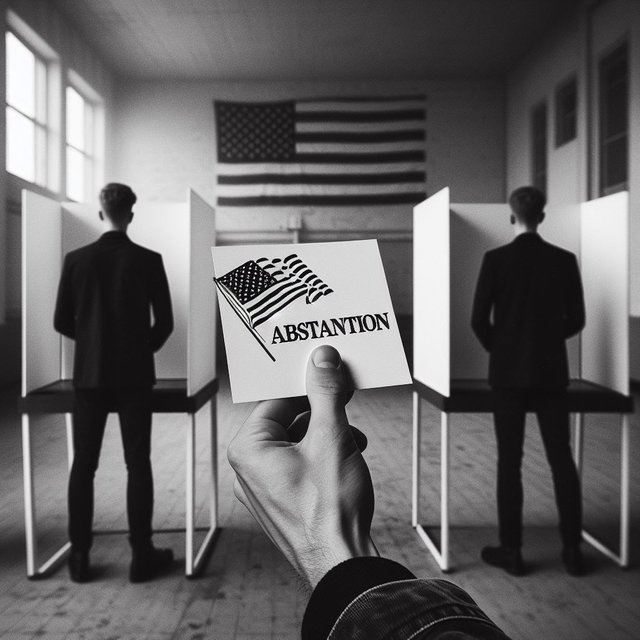Introduction
The act of abstention carries profound ethical implications. It encompasses diverse contexts, ranging from refraining from voting to withholding involvement in activities due to personal beliefs or principles.
The Ethical Underpinning
At its essence, abstention often arises from a moral or ethical standpoint. It emerges when individuals perceive a conflict between their values, principles, or conscience and a particular action or decision. This decision to abstain permeates multiple facets of life, spanning politics, personal convictions, consumption patterns, and societal norms.
Political Dimension
In democratic frameworks, abstention in voting reflects a complex ethical dilemma. Some view abstention as a refusal to endorse available options, driven by ethical objections or a lack of faith in the candidates or system. Conversely, others consider it a missed chance to contribute to vital changes within the system.
Personal Choices and Abstention
At the individual level, abstaining from specific behaviors aligns with personal moral codes. This could involve abstaining from alcohol or adhering to certain dietary choices due to religious or health considerations. Such abstentions signify a conscious commitment to upholding personal values.
Social and Cultural Ripples
Abstention's broader impact extends across societal and cultural realms. It challenges established norms, sparking dialogues on ethics and values. Opting out of particular community rituals or customs triggers reflections on the moral fabric underlying those traditions.
The Moral Conundrum
Yet, the moral facet of abstention raises a dilemma: while it aligns with personal ethics, it can also result in reduced engagement or influence in effecting change. This prompts a consideration of the equilibrium between personal integrity and the obligation to contribute to societal progress.
Conclusion
Abstention, as an ethical choice, embodies intricate layers deeply intertwined with personal values, societal norms, and the wider ethical landscape. While it often reflects individual ethics, it also necessitates contemplation on the role of individuals within larger systems and communities.
Grasping the moral implications of abstention demands a delicate equilibrium between personal convictions and the ramifications of non-participation across various life domains. It underscores the complexity of ethical decision-making and the interplay between individual conscience and societal involvement.
Navigating the morals of abstention requires introspection, critical thought, and an appreciation for the nuanced dynamics of personal and communal ethics.

Please verify yourself first in the Newcomers community. Then start to post regularly. thank you
Downvoting a post can decrease pending rewards and make it less visible. Common reasons:
Submit
How do I go about the verification? Let chat on Whatsapp
Downvoting a post can decrease pending rewards and make it less visible. Common reasons:
Submit
Please, can you send me your WhatsApp of Facebook link. I want to have a personal discussion with you
Downvoting a post can decrease pending rewards and make it less visible. Common reasons:
Submit